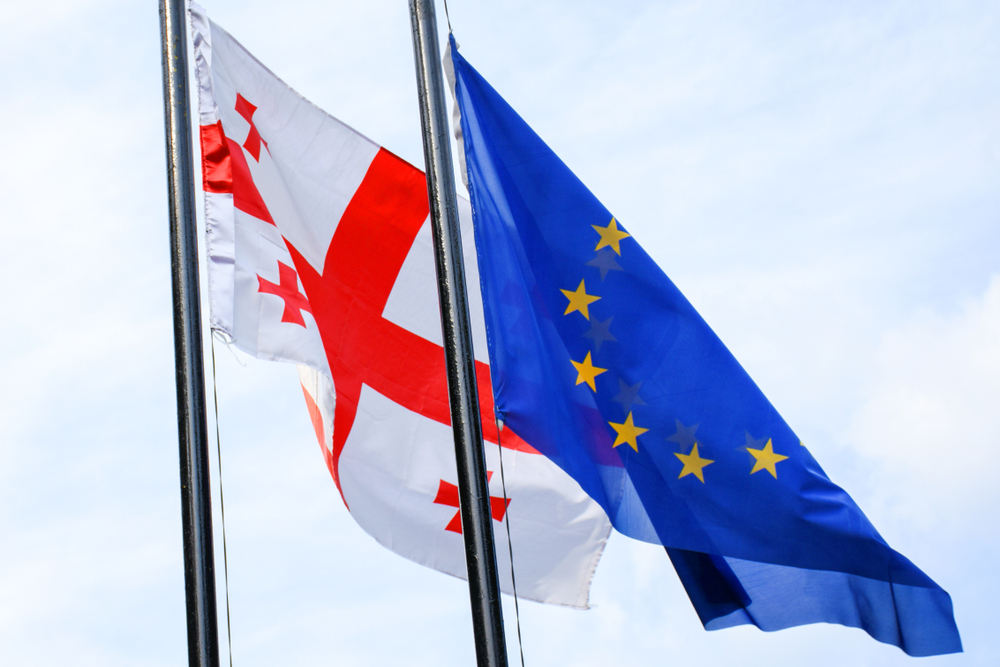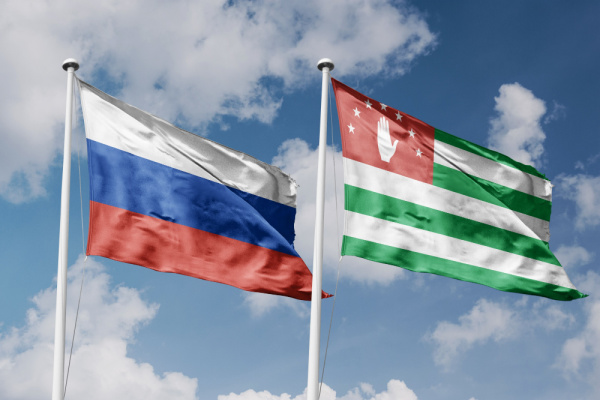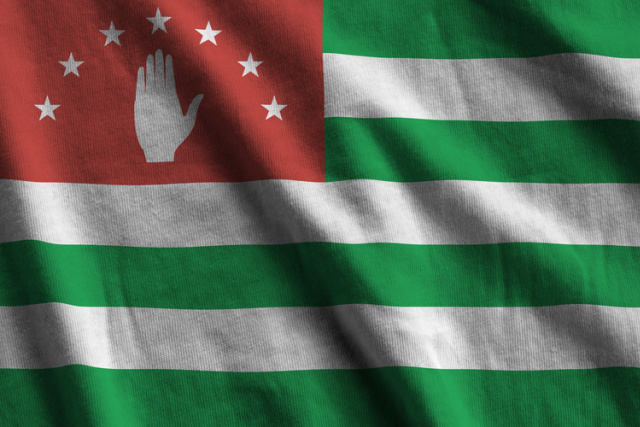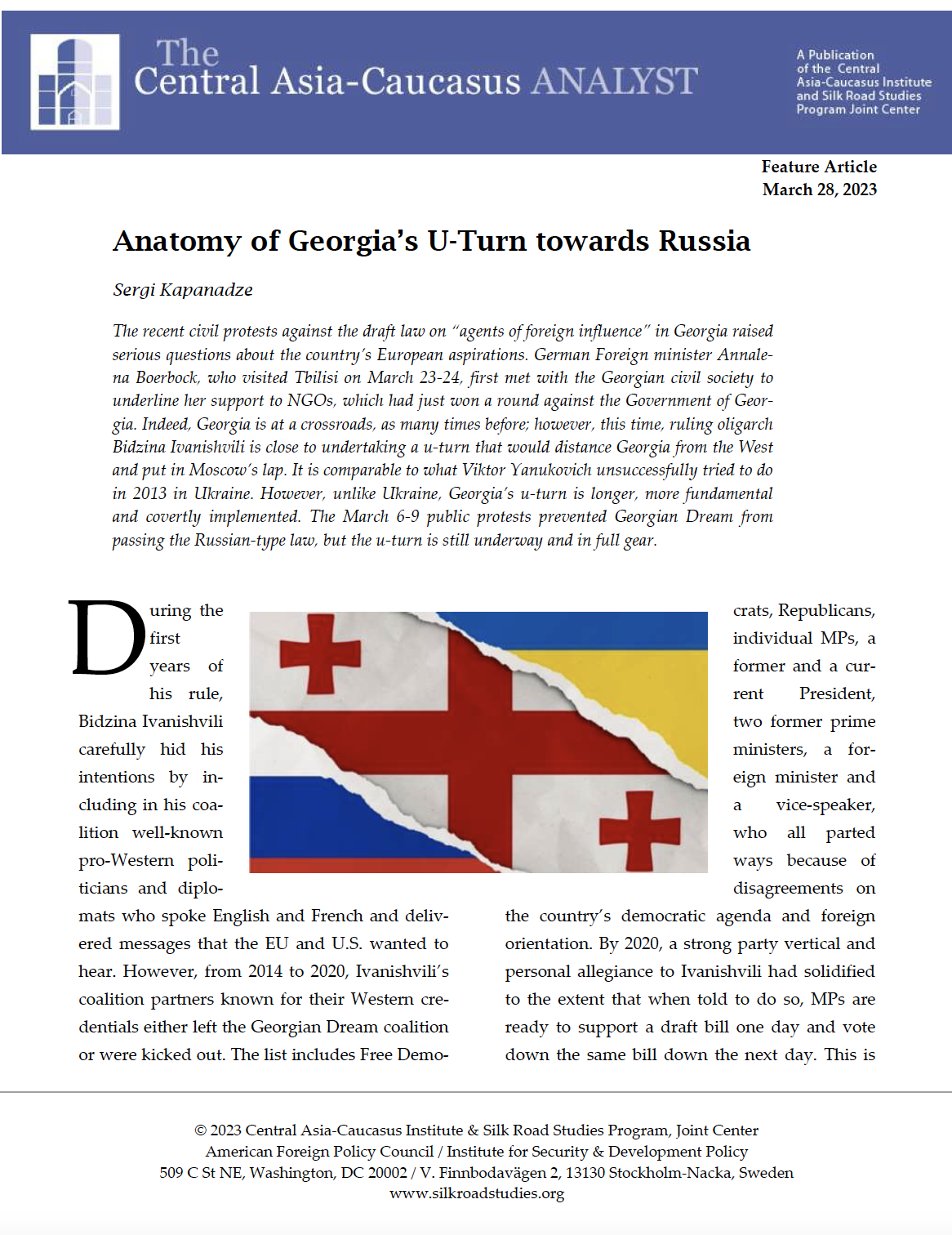Navigating Complex Choices: The EU's Dilemma With Georgia
By Kornely Kakachia
November 30, 2023
On November 8, the European Commission recommended granting candidate status to Georgia. The acceptance or rejection of these recommendations will be determined by a vote from the 27 EU member states in mid-December. If approved by the European Council, this decision would mark a significant milestone in Georgia’s extensive pursuit of European integration, reflecting the historical transformations occurring in the region. As the EU endeavors to anchor Georgia within its newly defined geopolitical sphere, the country is still required to address nine priorities, along with two additional conditions related to combating disinformation. These include countering anti-EU disinformation, foreign information manipulation, and interference against the EU’s values. Another pivotal condition for Georgia involves ensuring a closer alignment of its foreign policy with the EU’s Common Foreign and Security Policy (CFSP).

Ochamchira: Russia’s New Naval Base In The Caucasus
By Stephen Blank
November 15, 2023
Russia has recently announced that it has obtained a new naval base on the Black Sea at Ochamchira. The base is located in Northwestern Georgia in the Abkhazian territory Russia conquered from Georgia in 2008, close to several other Russian army bases there and in neighboring South Ossetia, another region conquered in the 2008 war. This new base represents another example of Russian imperialism in progress. This imperialism is the same force that drove and now drives Russia’s ongoing aggression against Ukraine.

Georgia Can End Russia’s Stranglehold Over its Wheat Supply with NATO Assistance
By Michael Tanchum
September 8, 2023
Georgia’s near total reliance on imported Russian wheat forms an extremely dangerous vulnerability that compromises both its food security and sovereignty. Fifteen years after the 2008 Russia-Georgia war, Tbilisi finds itself depending on Russia for over 90 percent of its wheat supply amidst a growing global shortage. In 2022, NATO reiterated its commitment to Georgia, pledging to help build Georgia’s resilience and uphold its political independence. As Georgia strives to loosen Moscow’s strategic stranglehold by finding alternative import sources and increasing domestic wheat production, it faces challenges that require trade and technical assistance that a coordinated effort by the U.S., Turkey and other NATO members can provide.

Abkhaz President Heads for Open Conflict with de Facto Parliament
By Tomáš Baranec
May 12, 2023
On March 6, 2023, the de facto General Prosecutor’s Office (GPO) of Abkhazia confirmed violations of local legislation in the interstate agreement on the lease of land in Pitsunda (Bichvinta in Georgian) to Russia. This factual rejection of the agreement in its current form seemingly closed a controversial topic that has been affecting Abkhazia for several months. However, it merely closes one chapter of the dispute, which has launched processes that are beginning to push the Russia-supported de facto President Aslan Bzhania into an increasingly open conflict not only with local society but also with the originally pro-presidential parliamentary majority.

Anatomy of Georgia’s U-Turn towards Russia
By Sergi Kapanadze
March 28, 2022



